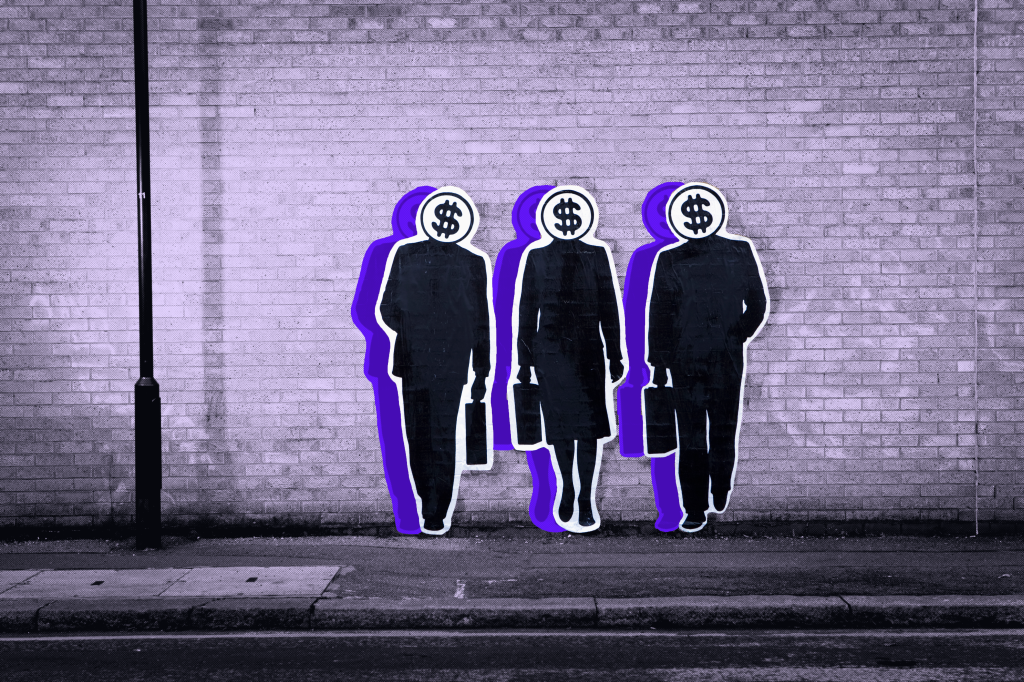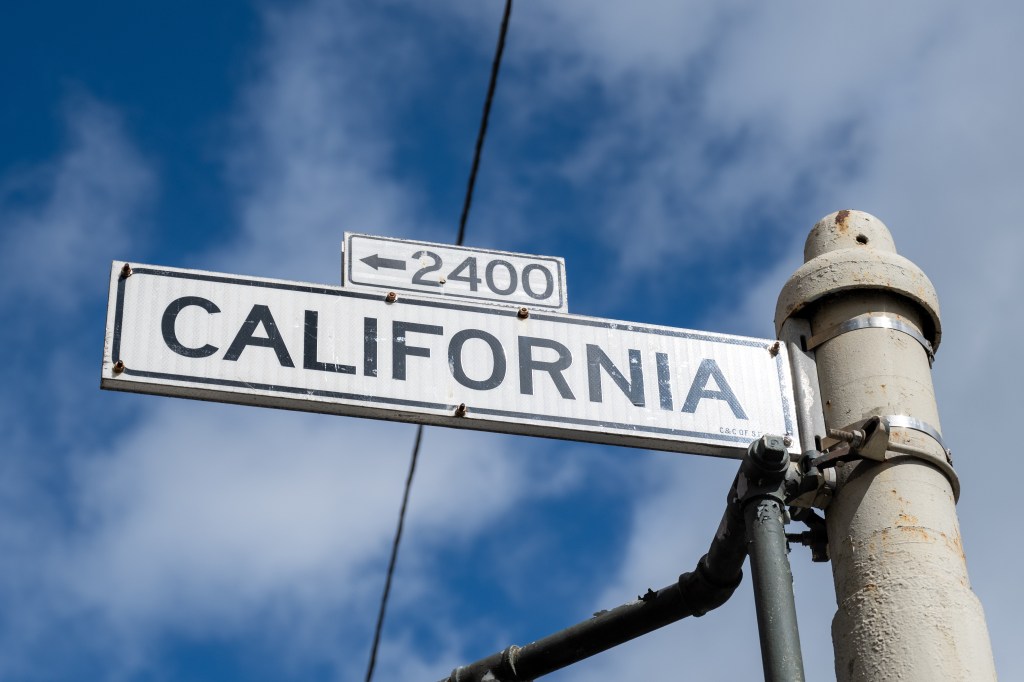You know that it is pretty likely your name and address can be found on the internet through a number of website services. And it can be really difficult to get those details removed.
But this could change. A multibillion-dollar privacy lawsuit in New Jersey’s Supreme Court has the potential
Register for free to keep reading
To continue reading this article and unlock full access to GRIP, register now. You’ll enjoy free access to all content until our subscription service launches in early 2026.
- Unlimited access to industry insights
- Stay on top of key rules and regulatory changes with our Rules Navigator
- Ad-free experience with no distractions
- Regular podcasts from trusted external experts
- Fresh compliance and regulatory content every day













